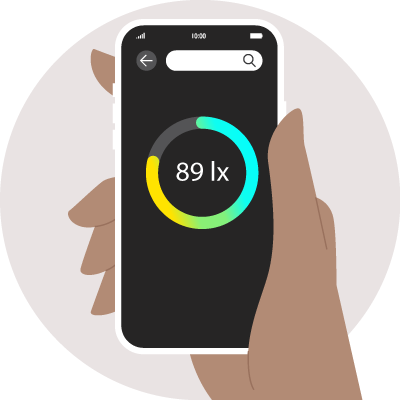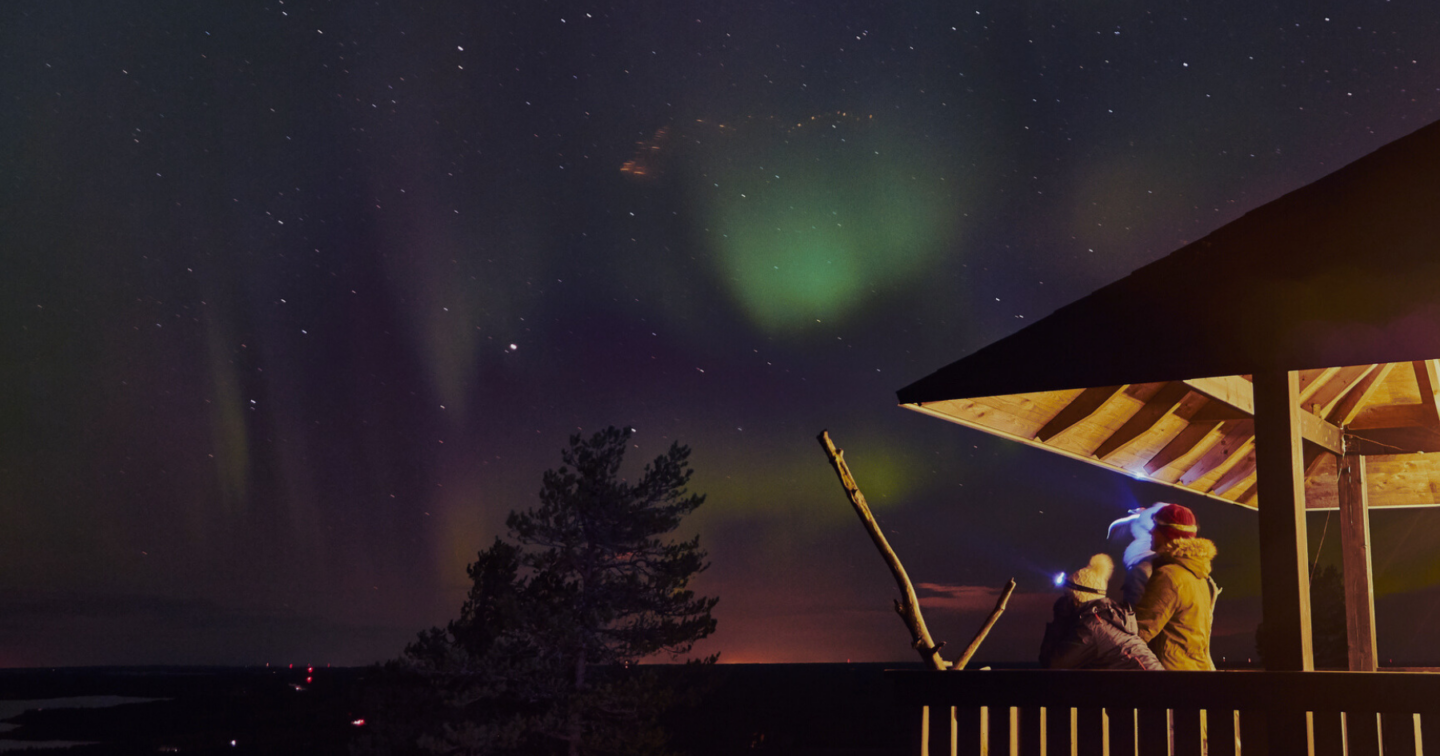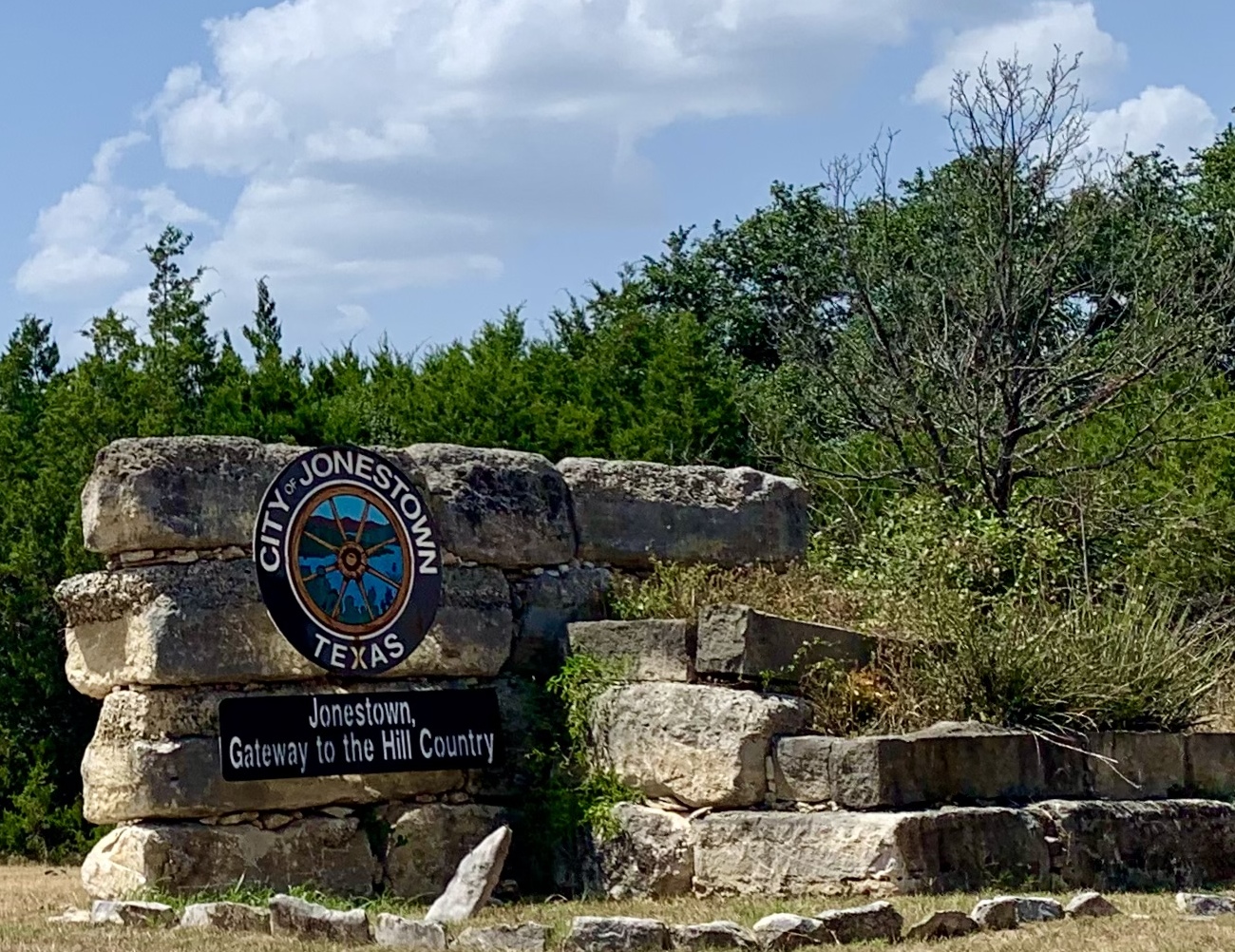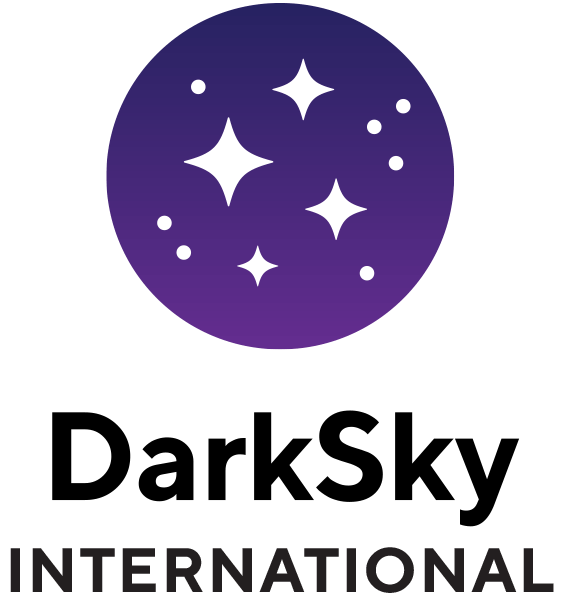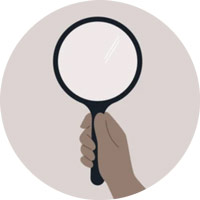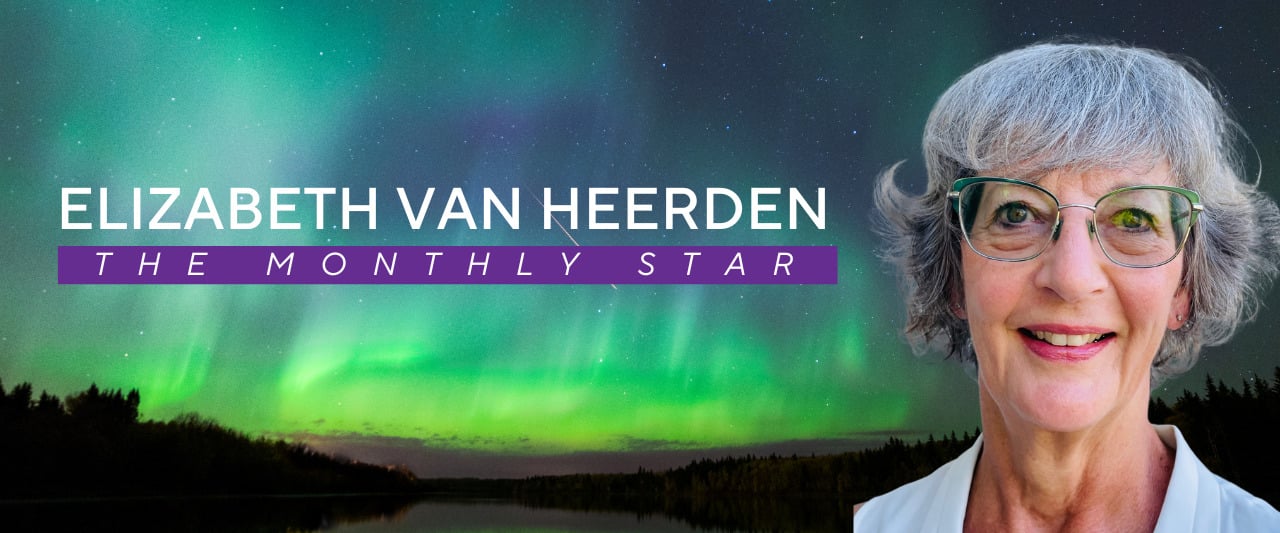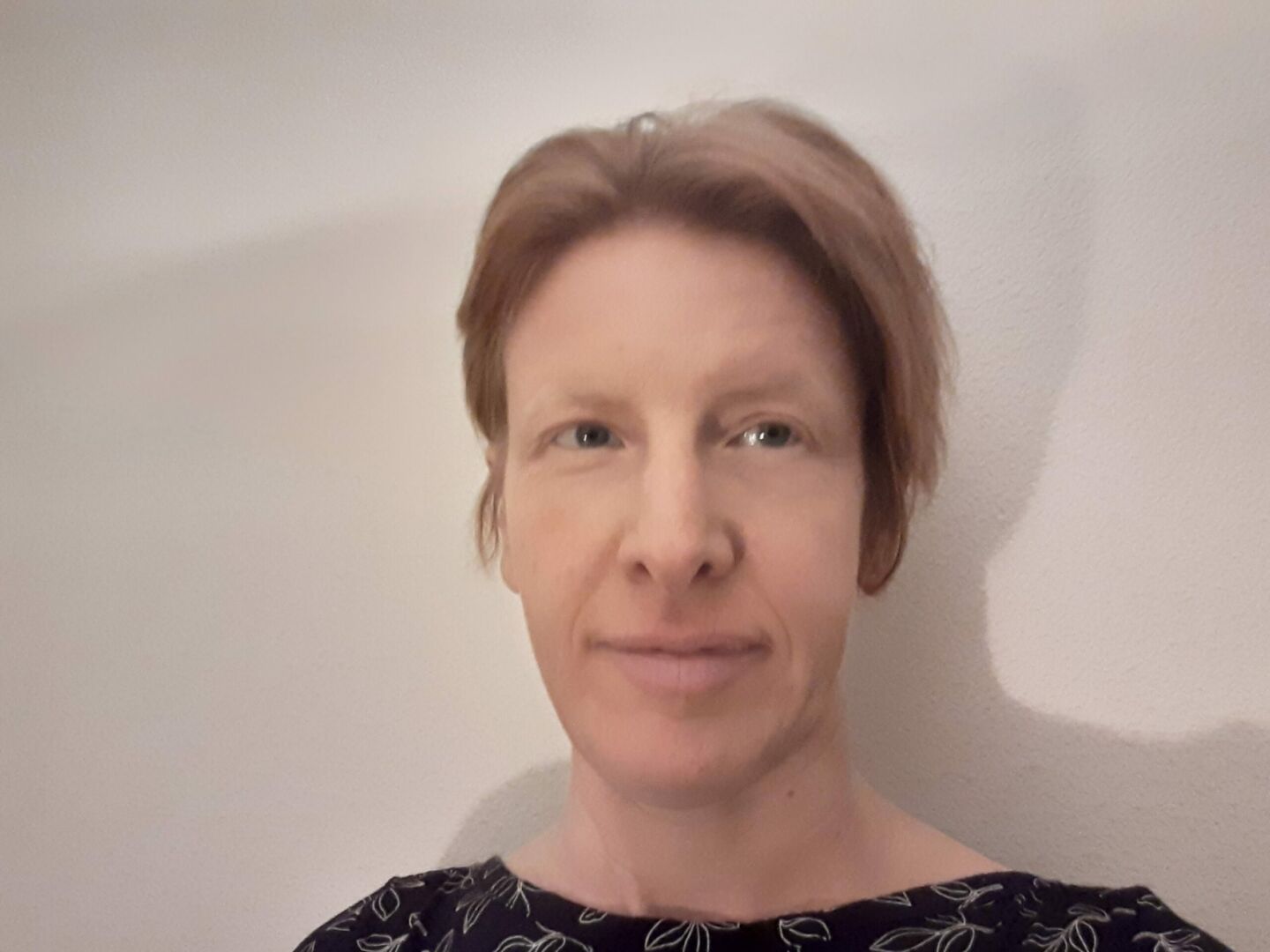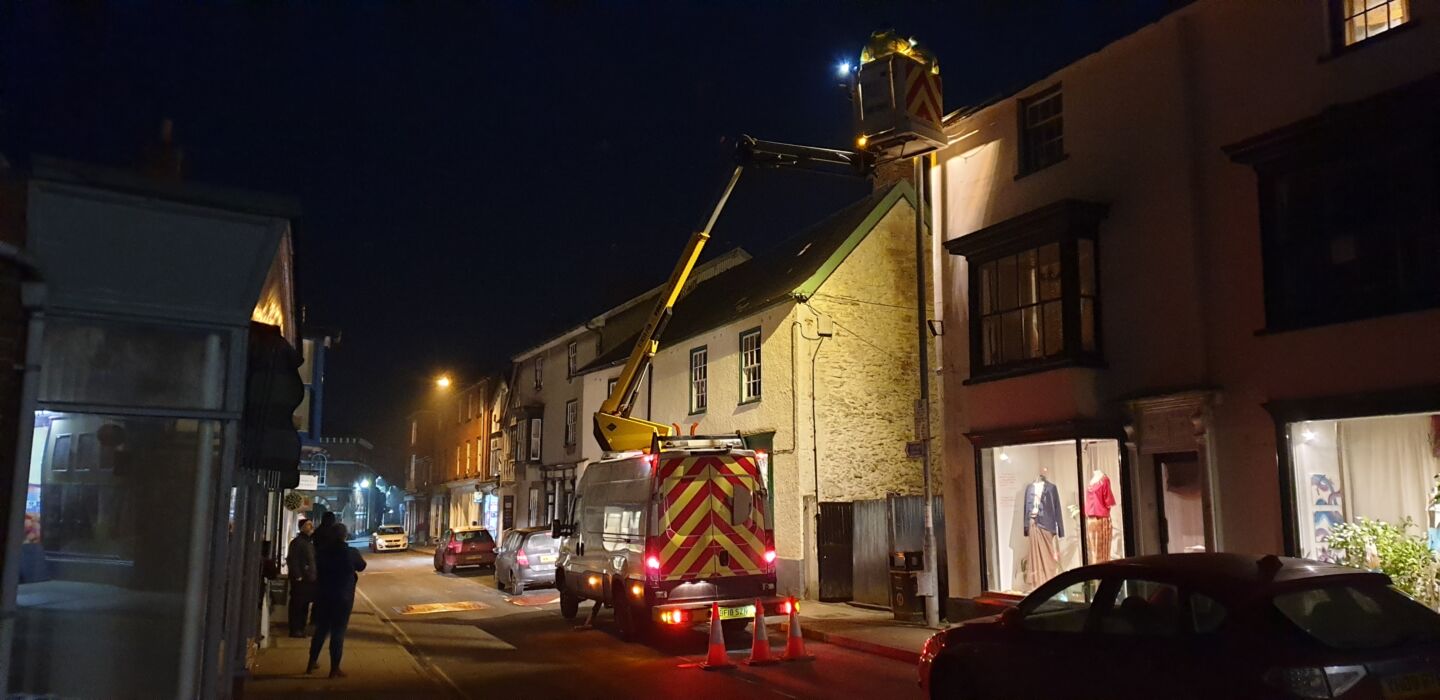
Call for New Members for the International Dark-Sky Association Technical Committee
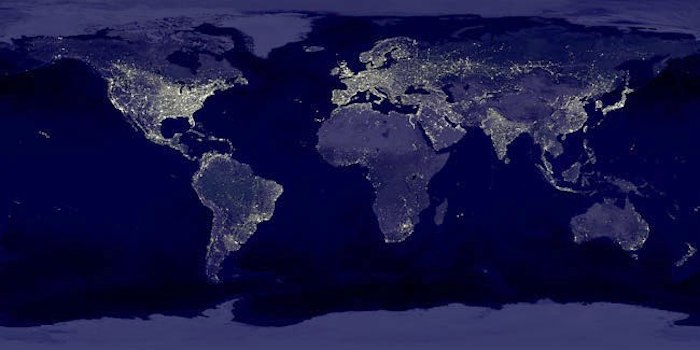
The International Dark-Sky Association Technical Committee provides guidance to the IDA Board, Executive Director, and staff on policies and guidelines related to outdoor lighting practices. This highly skilled team of lighting specialists and environmental scientists is seeking new members to diversify its representation in terms of discipline and industry.
Interested parties should have expertise in at least one facet of outdoor lighting or light pollution and be able to exercise independent judgment regardless of employment and/or affiliations.
If you are interested in joining the IDA Technical Committee, and leading IDA’s advances in issues of outdoor lighting practices and technologies, please contact the Technical Committee Chair, Chad Moore at [email protected].
Call for New Members for the International Dark-Sky Association Technical Committee
The IDA Technical Committee is in search of additional members. The Committee plays an essential role in maintaining IDA’s authority on light pollution by identifying emerging issues and opportunities to advance the IDA mission, which is…
…to preserve and protect the nighttime environment and our heritage of dark skies through environmentally responsible outdoor lighting.
The Committee applies sound scientific practices on energy conservation, ecology, human health, public safety, light physics, and measurement as they relate to outdoor lighting and the nighttime environment. It also works closely with the IDA Board of Directors and staff to strengthen leadership in protecting the nighttime environment.
The Committee is currently seeking one to three additional members in order to diversify its representation in terms of discipline and industry. Members should have expertise in at least one facet of outdoor lighting or light pollution and able to exercise independent judgment regardless of employment and affiliations. Committee members must be willing to regularly participate in discussions and, if possible, commit to of two years of service.
Prospective members should have expertise and experience in at least one of the following disciplines:
* Urban or regional planning (high priority need)
* Public or environmental health (high priority need)
* Code enforcement or public works
* Conservation, biology, or environmental management
* Lighting engineering
* Lighting science
* Lighting design or architecture
* Light pollution modeling
If interested or if you have additional questions, please contact Chad Moore, Committee Chair, at [email protected].




